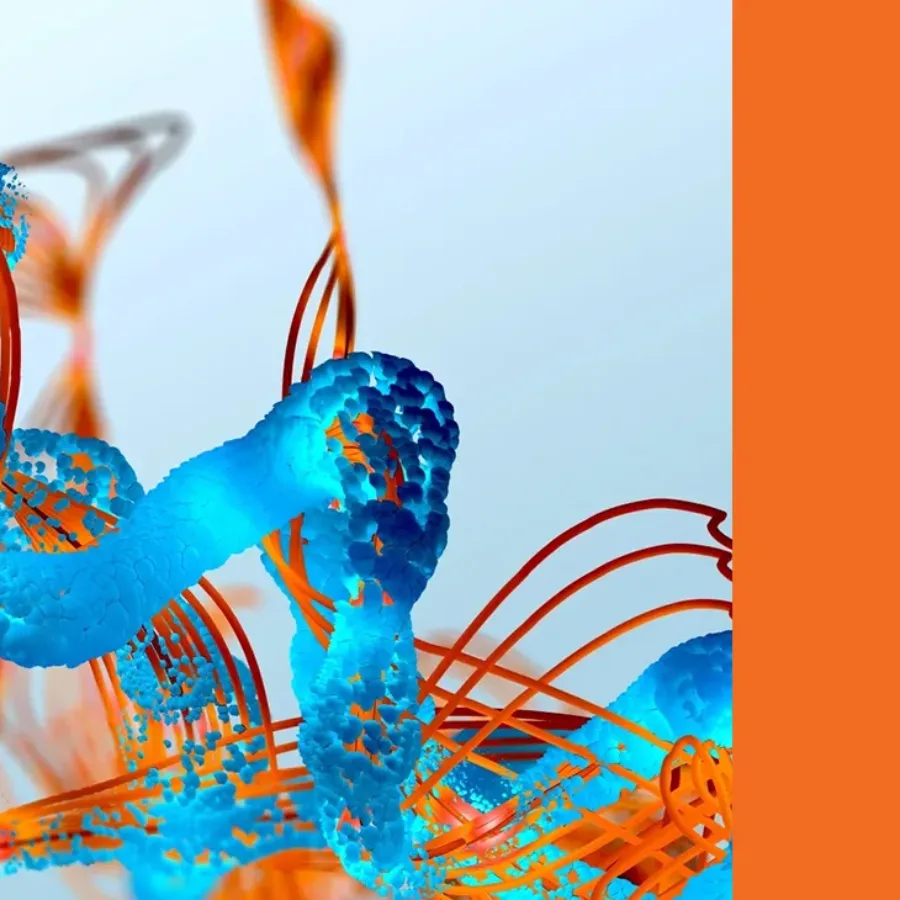 Blogs
Blogs
KCAS Bio is excited to announce our participation in several premier conferences throughout the United States this fall. These events bring together experts, innovators, and leaders in pharmaceuticals, biotechnology, and clinical research to exchange insights, explore the latest technologies, and drive the future of scientific discovery. As a trusted provider…
 Blogs
Blogs
When you examine how to develop and validate/qualify a Biodistribution assay by PCR…
 Blogs
Blogs
KCAS Bio is excited to announce our participation in several key conferences throughout the world. These events present invaluable opportunities for collaboration, innovation, and the sharing of industry insights. As a leading provider of bioanalytical services, KCAS Bio is committed to engaging with thought leaders, scientists, and professionals worldwide to…
 Podcasts
Podcasts
In the 12th episode of “The Conversational Flow” podcast, Brian and Adam welcome two special guests – Sean Burke of Denovo Software and Ryan Brinkman of Dotmatics – who join them to discuss the answers to a number of specific questions about High Content Analysis: How can we manage and…
 October 4
- October 8
October 4
- October 8
KCAS Bio is excited to announce our participation in the 39th International Clinical Cytometry Meeting and Course (ICCS), taking place in Seattle, Washington. This prestigious event will bring together global experts in cytometry to explore the latest advancements in clinical applications, research, and innovation. As a leader in bioanalytical services,…
 October 9
- October 11
October 9
- October 11
KCAS Bio is thrilled to participate in BioJapan 2024, one of Asia’s most prominent biotechnology events, held in Yokohama, Japan. As a leader in bioanalytical and contract research services, our presence at BioJapan underscores our commitment to providing world-class solutions to the global biotech industry. This event offers an unparalleled…
 Blogs
Blogs
The Role of Pharmacokinetics (PK) in Drug R&D Pharmacokinetics (PK) is defined as the study of the fate of a new therapeutic entity (NTE) after it is administered into the body of animals or humans. It involves understanding how the drug is absorbed, distributed, metabolized, and eliminated (ADME). Essentially, PK…
 webinars
webinars
As the pharmaceutical industry continues to evolve, so does the technology behind drug development. One of the most groundbreaking advancements in bioanalysis is Hybrid LC-MS/MS technology, which is rapidly becoming the new standard for analyzing Antibody Drug Conjugates (ADCs). KCAS Bio is proud to be at the forefront of this…
 October 30
- November 1
October 30
- November 1
KCAS Bio is excited to announce our attendance at AusBiotech 2024 in Melbourne, Australia. As a leader in bioanalytical services, we are committed to supporting the growth and innovation of the biotech industry. This premier event offers a unique platform to engage with industry experts, innovators, and decision-makers, all working…
 Blogs
Blogs
The exploration of Targeted Protein Degraders (TPD) as a therapeutic modality began over twenty years ago. Since then, research and development in this field have steadily advanced. Starting in 2019, rationally designed small molecule TPDs entered clinical trials. This innovative therapeutic modality utilizes the cells’ endogenous protein degradation machinery to…
 Podcasts
Podcasts
Our hosts, Dom and John, are excited to welcome special guest, Carrie Vyhlidal, to discuss the topic of the 80th episode of “The Weekly Bioanalysis” podcast – The Rapid Evolution of PCR Assays. PCR (or Polymerase Chain Reaction) is like a copying machine for DNA. Scientists have found ways to…
 Blogs
Blogs
Preclinical formulation analysis supports toxicity studies before and after the investigational new drug application (IND). Multiple analytical studies support drug development progression beyond the IND stage. KCAS Bio performs analytical studies for a variety of clients. How Does KCAS Bio Perform Preclinical Formulation Analysis? KCAS Bio has completed numerous studies…